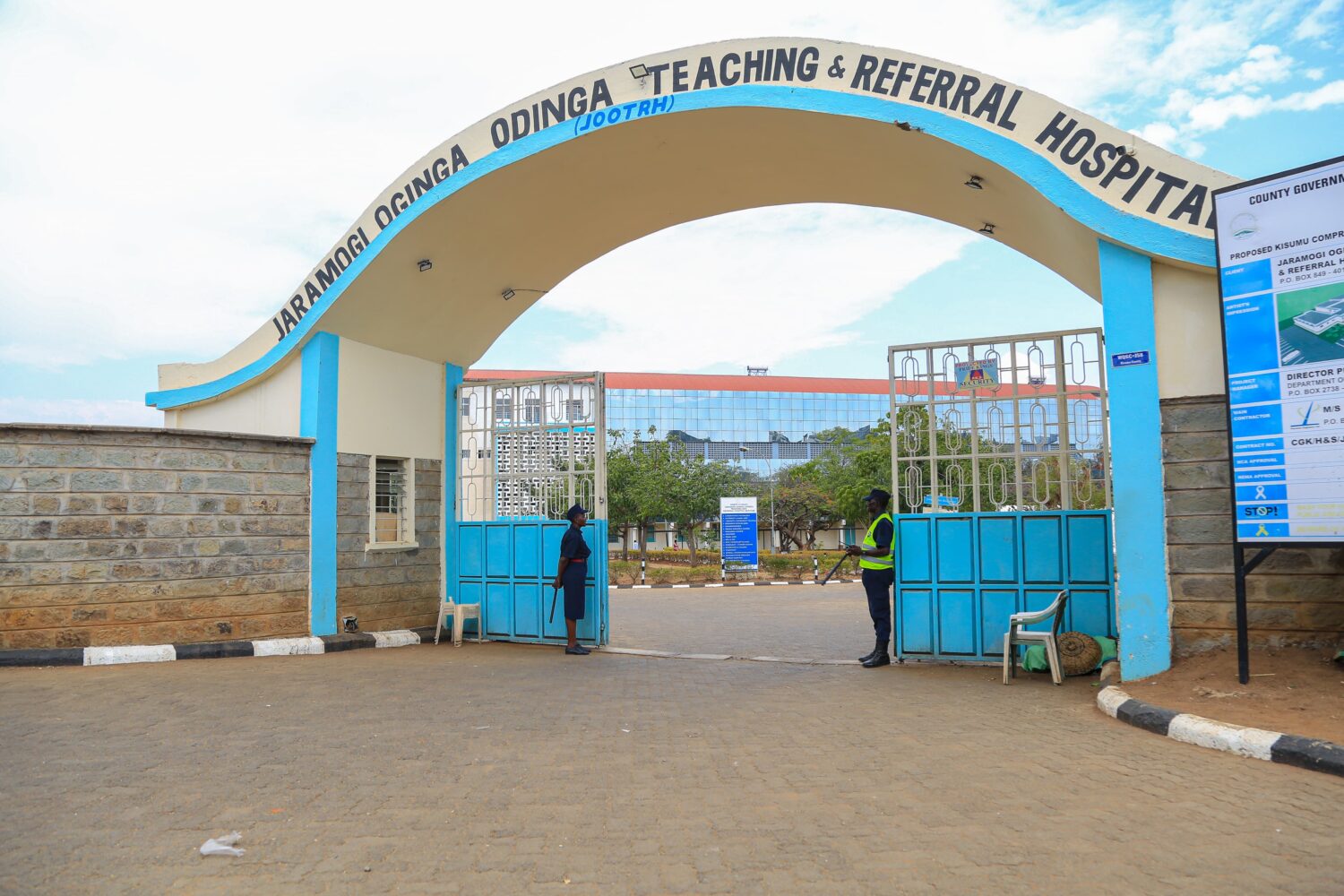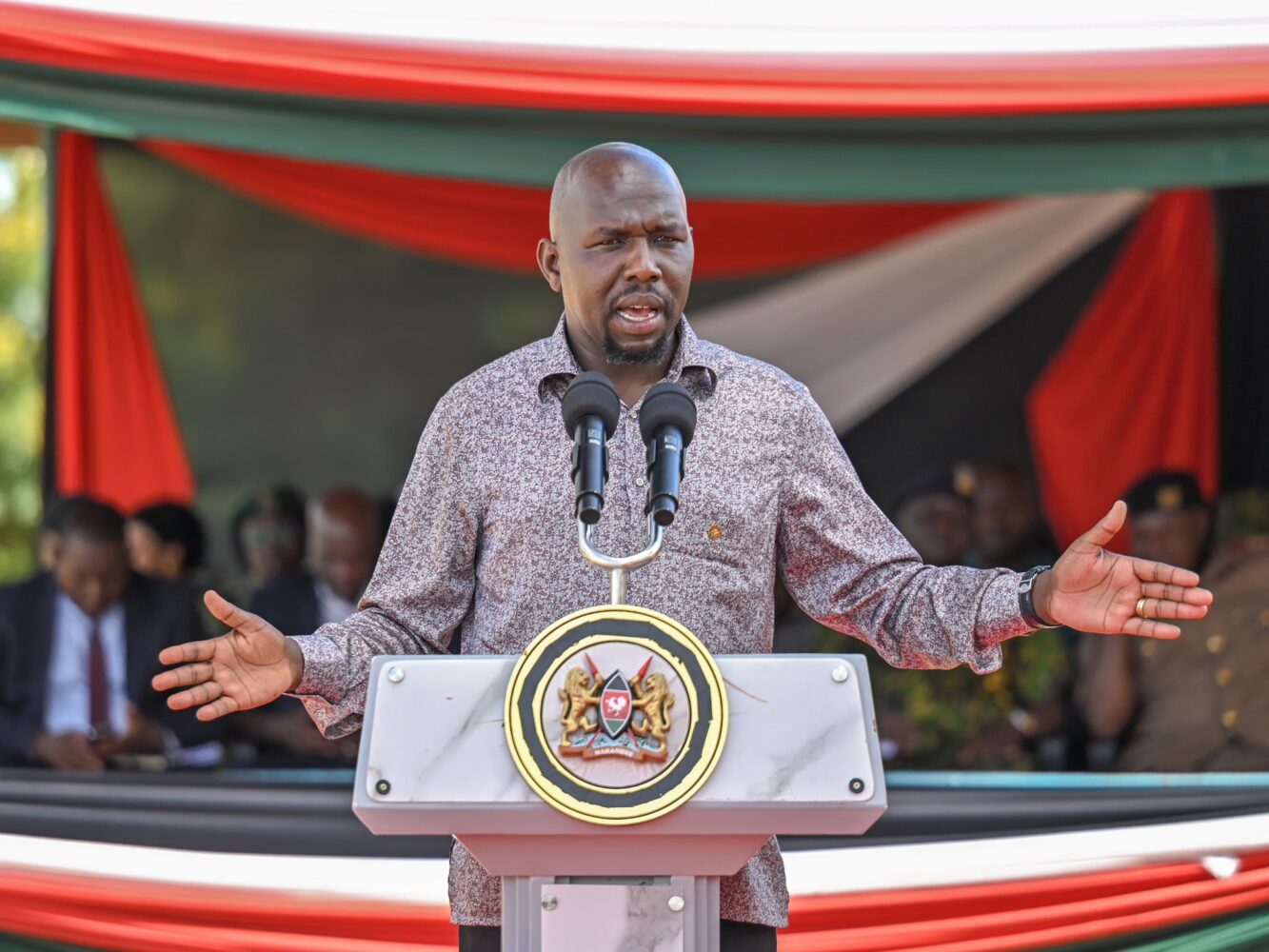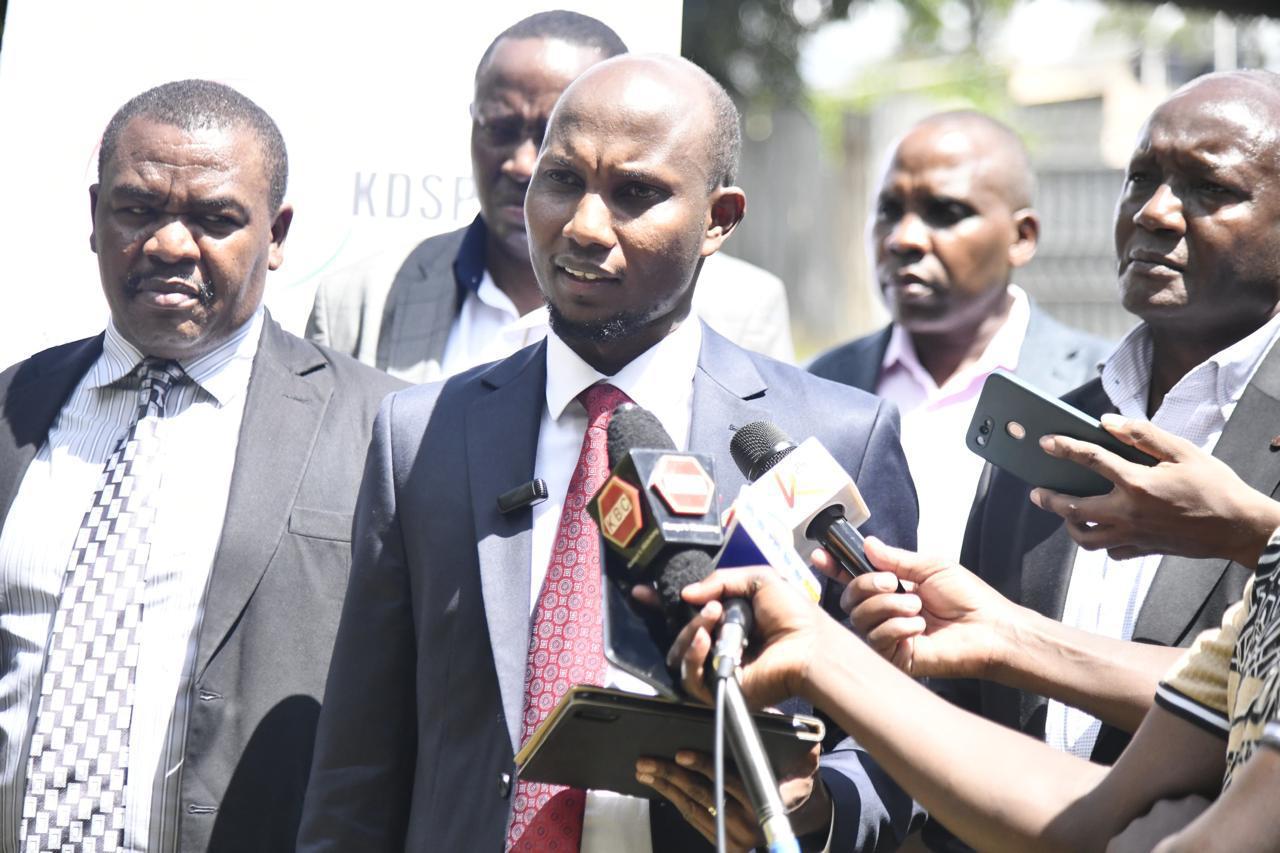The Ministry of Health on Thursday May 23, 2024 provided an update on the current status of vaccine stocks in Kenya, highlighting the challenges faced and the actions being taken to address the situation.
Reports of vaccine shortages, particularly routine antigens, have raised concerns across public health facilities nationwide.
The Ministry however assured Kenyans their commitment to safeguarding their health remains paramount.
“Our commitment to the health and well-being of all Kenyans remains steadfast, and we are working diligently to address any challenges in our immunization program,” read part of the press release.
Key vaccines such as the BCG Vaccine, Oral Polio Vaccine, and Measles Rubella Vaccine are experiencing stock outs, with less than two months of supply available nationally.
Additionally, stock levels for other routine childhood vaccines, such as HPV AND Malaria are low, with only three to six months of stock on hand.
These shortages pose a significant risk to children and the vulnerable populations, leaving them susceptible to vaccine-preventable diseases and potential outbreaks.
The Ministry provided assurance to the public that efforts are underway to monitor vaccine consumption at all levels and facilitate redistribution between counties to mitigate the stock-out situation.
They are working with the National Vaccines and Immunization Program (NVIP) in redistributing available routine vaccines across the country to prevent eligible children from missing vital vaccinations during this crucial period.
Collaborations with UNICEF are in place to expedite the delivery of vaccines ordered post the last payment.
Additionally a budget of Ksh1.25 billion has been allocated for the urgent procurement of routine antigens to replenish the dwindling vaccine stocks in health facilities.
Despite logistical challenges due to heavy rains, the Ministry and its partners are expediting the shipment of vaccines, expected to arrive by the first week of June 2024.
The Ministry emphasizes the importance of caregivers close coordination with healthcare workers with a focus on maintaining high immunization coverage.
“We urge all caregivers to liaise closely with healthcare providers and bring their children back to these facilities once stock levels have normalized,” the statement continued.












